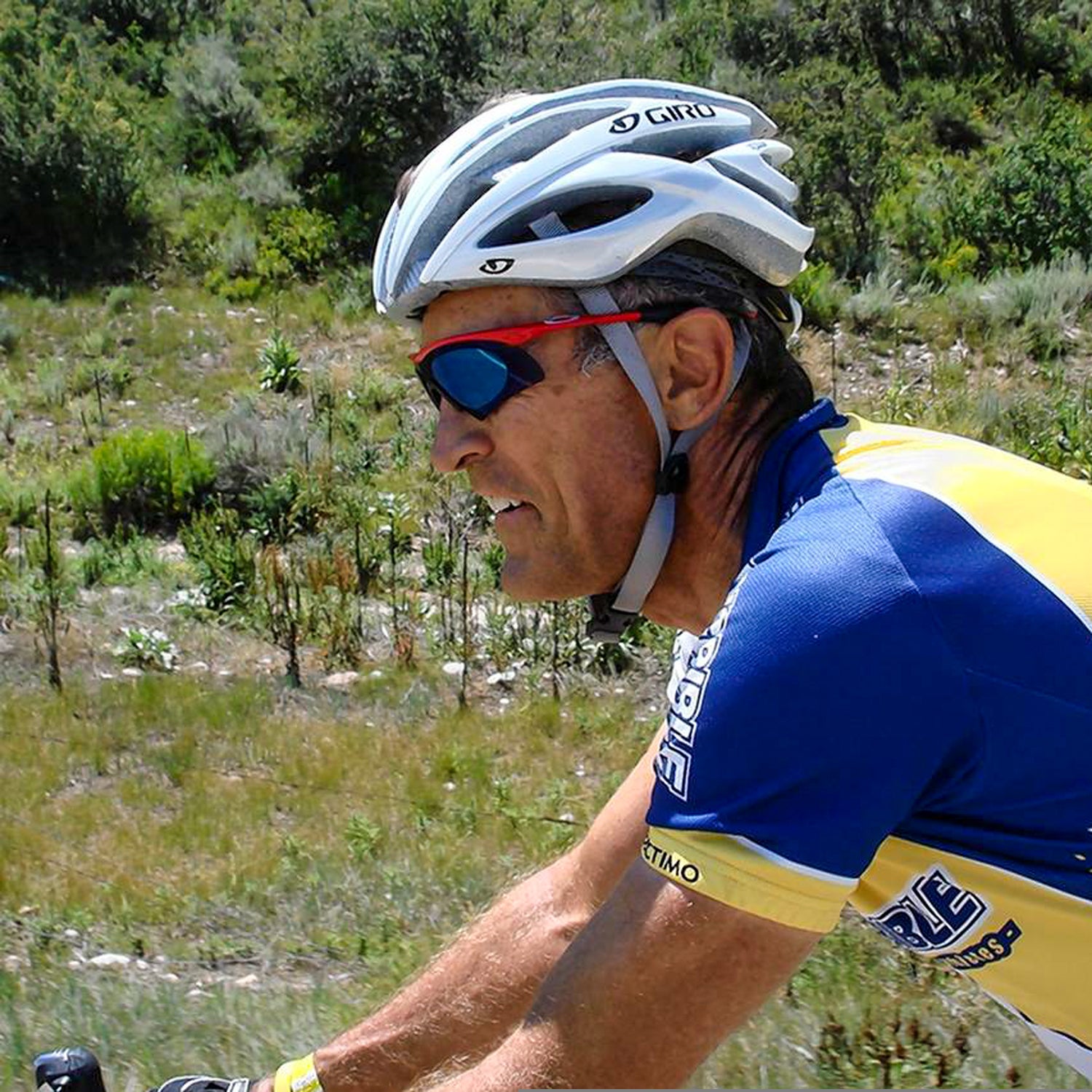Joe Friel () is an elite endurance sports coach and author of . His Twitter account is one that we at ���ϳԹ��� trust the most when it comes to all things cycling and sports science. And because we’ve come to depend on Friel’s insightful tweets, we decided to ask him who he follows for sound advice. Then we reached out to those people to see who they follow, and so on. We created an email chain in an attempt to find the definitive sources—the sharpest and most innovative thinkers—in the cycling and endurance sports worlds.
One of the most common training mistakes of athletes is making active recovery workouts too hard.
— Joe Friel (@jfriel)
Joe Friel: Who Do You Follow?
Friel gave us an impressive list of fitness experts, including Stephen Seiler (), a professor of sport science at the University of Agder, in Norway, and Alan Couzens (), a Colorado-based exercise physiologist, coach, and self-described “mad scientist.” But Friel had particularly high praise for Ryan Bolton (), a former Olympic triathlete coached by Friel in the early 2000s. After his competitive career, Bolton founded , in Santa Fe, New Mexico. He now trains elite runners, including Caroline Rotich. “He’s very good at understanding how to balance training stress with rest and recovery. That’s the key ingredient of technical coaching,” Friel says. “He’s also good at communication with his athletes—knowing when to talk and, especially, when to listen.”
Beautiful and challenging training camp in Marbella, Spain with and Omar Naciri this past week.
— Ryan Bolton (@CoachRyanBolton)
Ryan Bolton: Who Do You Follow?
Unsurprisingly, when we reached out to Bolton, he said he follows his old coach, Joe Friel. But Bolton also relies on Ross Tucker () for trusted fitness advice. Tucker, who runs a site called the , holds a PhD in exercise physiology, is a research consultant for World Rugby, and is a scientific adviser for and Adidas. “Tucker looks at endurance sport physiology, technology, trends, and controversies at an in-depth and sometimes controversial level,” Bolton says. “He’s very candid with his thoughts and doesn’t mind stirring the pot, and I appreciate his fresh perspective on many topics.”
You couldn't make this stuff up. No. Actually, you could. Which is the problem.
— Ross Tucker (@Scienceofsport)
Ross Tucker: Who Do You Follow?
One of Tucker’s top follows is David Epstein (), an award-winning journalist and author of who primarily writes about sports science and medicine. “David has a knack for finding the quirky but really substantial stuff on sports science, and especially genetics of performance,” Tucker says. Tucker also follows Steve Magness (), sports scientist and head cross-country coach at the University of Houston, as well as Stuart Armstrong (), who runs a blog and podcast called the in the UK.
Honorable Mentions
As we undertook this project, we noticed a few recurring names popping up among our sources. While we didn’t go down those proverbial rabbit holes, they seem worth mentioning here. When we reached out to Alan Couzens, he said he follows John Kiely (), a professor of elite performance at the University of Central Lancashire, in England, and a former coach who worked with Olympic athletes. Nick Winkelman (), head of athletic performance and science for Irish Rugby, was also mentioned several times. When we reached out to Winkelman, however, he said that most of his inspiration comes from reading books and peer-reviewed studies and that he tries not to spend too much time on social platforms. The trail ended there.
Study suggests 10mins of stair walking is MORE EFFECTIVE than cup of coffee in improving motivation & cognition
— john kiely (@simplysportssci)
My PhD research is now available: experience level influences the effect of attentional focus on sprint performance
— Nick Winkelman (@NickWinkelman)


